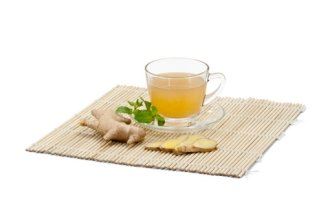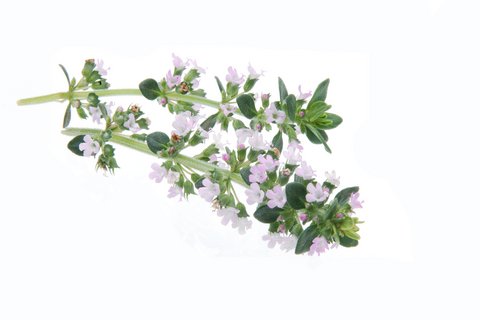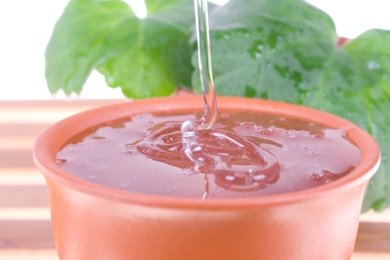Essential Nutrients
"Let food be your medicine and your medicine be your food. Each one of the substances in a person's diet, acts upon the body and changes it in some unique way, and upon these changes the whole life depends, whether in health, in sickness or convalescent."
Hippocrates 2 000 years ago.
ESSENTIAL NUTRIENTS are the vital building blocks your body needs to function optimally, maintain health, and support growth and repair.
These nutrients -including vitamins, minerals, proteins fats, and carbohydrates - play crucial roles in energy production, immune defense, and overall well-being.
Understanding and incorporating the right balance of essential nutrients into your daily diet empowers you to achieve lasting vitality and prevent nutritional deficiencies
There is a list of Essential Nutrients that are vital for disease prevention, growth and good health, which are compounds known as Major Minerals and Trace Minerals that the body cannot make or cannot make in enough quantities do the jobs mentioned above
|
Major Minerals - are used and stored in large quantities in the body.
|
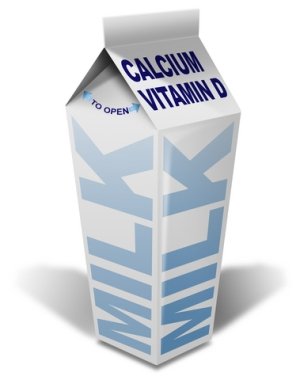 |
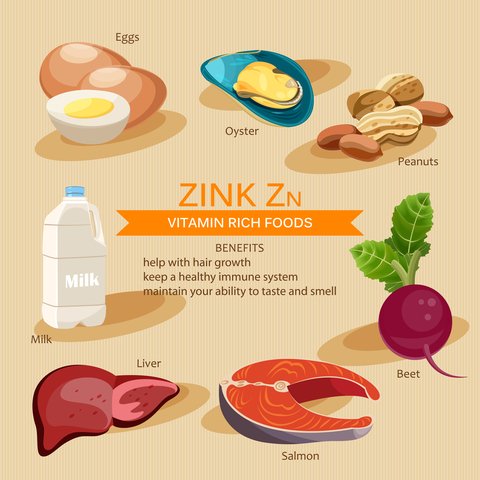 |
Trace Minerals which we need only small amounts of.
|
Many of us have not even heard of some of these essential nutrients, but we should know that they are still essential to our well being, even in the smallest quantities.
So we are going to list the important vitamins and minerals below, and tell you exactly what they are, how much of them we need and why we even need them.
|
These processes need a balance of vitamins and minerals to perform vital functions, including making new cells, maintaining blood pressure, building up our bones and carrying oxygen around the body. |
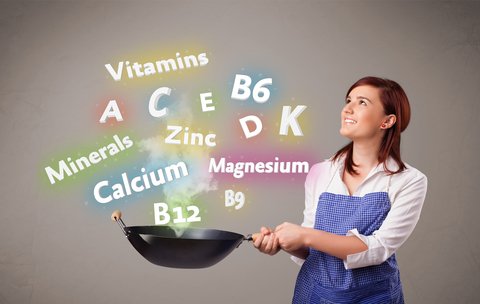 |
And all these vitamins and minerals can be gained from the food we eat.
MAJOR MINERALS
|
Major minerals which we need large quantities of, are used and stored in the body:
|
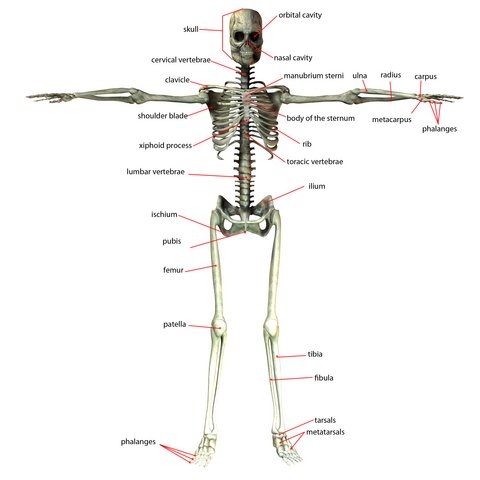 |
Calcium is an essential nutrient that is necessary for the formation of strong bones and teeth from birth and throughout adulthood.
It also plays a role in blood nutrient that is necessary for the formation of strong bones and teeth from birth and throughout adulthood.
Foods Rich in Calcium:
Dairy products such as milk, cheese and yoghurt. It is also found in fortified non-dairy alternatives such as soy milk and fortified cereals. Also add oily fish, broccoli and legumes to your shopping list.
Recommended Daily Limit for Adults:
- 1000mg (milligrams) increasing after the age of 50.
- 1 cup low fat milk you find 300mg
- 85g plain low-fat yoghurt contains about 131mg
- 85g canned sardines has around 320mg.
Chloride an essential nutrient that balances body fluids. It also plays a role in forming hydrochloric acid in the stomach for digestion.
Foods Rich in Chloride:
Table salt, soy sauce, olives and processed foods.
Recommended Daily Limits:
- 2300 mg for men and women, decreasing over the age of 50.
- Just 5 olives canned in brine can provide 300mg
- 2 dried figs have 170mg.
- You shouldn't have more than 1 tsp of salt a day bearing in mind many foods contain salt so it's not just about adding it to your cooking.
Magnesium assists muscle and nerve function, heart and bone strength, and blood clotting and blood pressure.
Foods rich in Magnesium:
Nuts, green leafy vegetables, legumes, avocados, potatoes and wholewheat.
Recommended Daily Limit:
- 400mg for men and 310mg for women.
- 30g bowl of dry roasted almonds gives you 80mg.
- ½ cup of spinach has 78mg.
- 2Tbsp peanut butter contains 50mg.
- 1 cup chopped avocado has 44mg.
Phosphorus
Phosphorus an essential nutrient that is needed for healthy bones and teeth. Helps cells to function and to make energy from your food.
Foods Rich in Phosphorus:
Dairy products, poultry, eggs, liver, peas and broccoli.
Recommended Daily Limit:
- 700mg daily
- In 100ml low-fat milk you get around 100mg
- 100g cooked chicken breast contains 340mg
- 100g of cheese gives you 640mg.
Potassium. Now this essential nutrient helps control blood pressure, balances fluids in the body and sends nerve impulses.
Foods Rich in Potassium:
A variety of fruits, potatoes, yoghurt, milk and meat.
Recommended Daily Limit:
4700mg
½ cup dried apricots give you about 1100mg
½ cup raisins have 618mg
1 cup lentils you get 730mg
1 medium baked potato (without the skin) has 610mg.
Sodium affects blood pressure, balances fluids in the body and helps send nerve impulses.
Foods rich in Sodium:
Salt, soy sauce, processed foods and some vegetables.
Recommended Daily Limit
Around 1500mg and but no more than 2300mg
1Tbsp soy sauce you get 920mg
50g raw celery contains 52mg
Beware of bacon, just 40g grilled bacon rashers contain 2000mg sodium
Sulphur is found in all cells of the body and needed for healthy skin, hair and nails.
Foods rich in Sulphur: Fish, meat, poultry, nuts, eggs, broccoli garlic and onions.
Recommended Daily Limit:
- There is no recommended daily amount, but America's National Academies Food and Nutrition Board suggests 220 - 1500mg.
- In 100g baked fish you get 230mg.
- 130g roast chicken contains 300mg.
- 70g fried onions have 90mg.
TRACE MINERALS
Which we need only in small quantities of are:
- Chromium
- Copper
- Fluoride
- Iodine
- Iron
- Manganese
- Molybdenum
- Selenium
- Zinc
Chromium an essential nutrient that helps to maintain normal blood-sugar levels and release energy from glucos
Foods Rich in Chromium: Broccoli, potatoes, poultry, meat and fish.
Recommended Daily Limit:
- 35mg for men and 25mg for women, decreasing after the age of 50.
- ½ cup of broccoli you get 9mg.
- 1 cup grapefruit juice contains 8mg.
- 1 cup mashed potatoes has 3mg.
- 85g of cubed beef has about 2mg.
Fluoride an essential nutrient that helps prevent teeth cavities and also assists bone growth.
Foods rich in Fluoride: Salt and sea fish. It is also found in tea.
Recommended daily Limit:
- 4mg for men and 3mg for women.
- Check your toothpaste, which almost certainly contains fluoride.
- In some countries it is also in the water.
- In 100g sea salt you get between 3.5 and 5.5mg fluoride.
- 100g fish or seafood has between 0.5 and 1mg.
- A cup of tea can provide 0.05 to 0.2mg.
Iodine helps make thyroid hormones, which among other things assist with muscle and nerve function and regulating body temperature.
Foods rich in Iodine: Seafood, dairy products processed foods and iodized salt.
Recommended daily Limit:
- 150 micrograms (mcg).
- In 85g white fish such as hake you get around 100mcg.
- 1 cup plain low-fat yoghurt contains 75mcg.
- ¼ tsp iodized salt has around 71mcg.
Iron part of your red blood and muscle cells. Helps take oxygen from the lungs to cells throughout the body.
Foods rich in iron: Fortified cereals and breads, red meat, lentils, beans and green vegetables such as spinach.
Recommended daily Limit:
- 8mg for men and 18mg for women. Decreases to 8mg for women over 50.
- 85g dark chocolate consisting of at least 50% cacao you can get around 7mg.
- The same amount of pan-fried beef liver contains about 5mg.
- ½ cup boiled lentils or spinach have around 3mg.
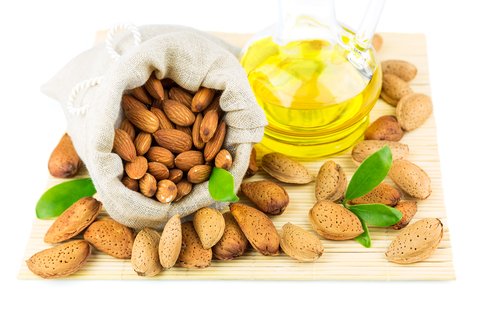
Manganese helps bones form and makes some enzymes that assist with metabolism.
Foods rich in Manganese: Nuts, fish, legumes, tea and wholegrains.
Recommended daily limit:
- 2,3mg for men and 1,8mg for women
- 100g serving of almonds provides just more than 2 mg
- 100g rye bread gives you 0.8mg
- 100g raw peas contain 0.4mg.
Molybdenum
Molybdenum is necessary to produce some of the enzymes your body needs.
Foods rich in Molybdenum: Legumes, leafy vegetables, grain products and nuts.
Recommended daily limit:
This varies from 45 - 500mcg
100g potatoes can give you 600mcg
100g cabbage can give you 280mcg
and 100g carrots, 200mcg

Selenium protects cells and helps regulate thyroid hormone activity.
Foods rich in Selenium: Organ meats, seafood and grain products.
Recommended daily Limit:
- 55mcg for both men and women.
- In 85g canned sardines you get around 45mcg.
- In 85g of pan-fried beef liver you get 28mcg.
- In 1 cup of brown rice you get 19mcg.
- 1 large hardboiled egg you get 15mcg.
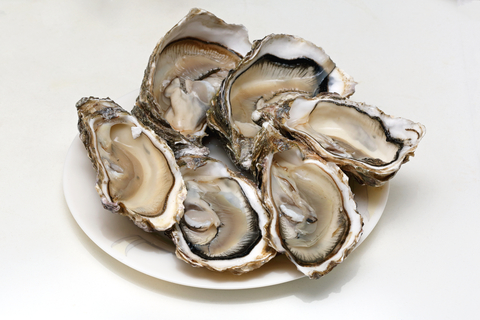
Zinc an essential nutrient that has an effect on many bodily processes, including enzyme activity, the immune system, growth, taste, small, vision and would healing.
Foods rich in Zinc: Red meat, poultry, seafood, beans and fortified cereals.
Recommended daily Limit:
11mg for men and 8mg for women.
Oysters contain more zinc per serving than any other food
120g raw oysters have 445mg compared with
120g stewed mince that has 6mg.
85g cooked dark chicken meat you get around 2,4mg
½ cup cooked chickpeas contain 1,3mg.
IMPORTANT NOTICE
Home Remedies Haven would like to reassure all the visitors to our site, that we respect your privacy and do not in any way sell personal information.






